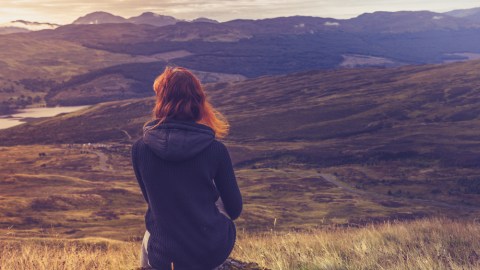Do We Really Want WiFi Networks *Everywhere*?

What’s the Latest?
Google is hoping to wrap the globe with satellite-broadcast Internet but do we want to live in a world where we can’t be truly alone with the wilderness? The search-turned-technology company is spending between one and three billion dollars to deploy some 180 mini-satellites that will broadcast Internet signals from space. High-altitude balloons and drones may also be part of the plan. Beyond private enterprise, governments are beginning to bring WiFi to vast swaths of wilderness: Parks Canada has announced it will bring WiFi to its visitor centers and advocates in the US National Parks Service are not far behind.
What’s the Big Idea?
In a generation, the experience of solitude paired with natural beauty could virtually become extinct. The opportunity to get away from it all was even enshrined in the Wilderness Act of 1964, which defines wilderness as a place that “has outstanding opportunities for solitude.” National Park Service Director Jon Jarvis, however, finds more than a little contradiction among supposed nature purists:
“If I get an audience of typical Parks Service officials and I say, ‘What about technology?,’ they’re like, ‘Ohhhh, make them leave those devices at home. We don’t need that.’ And I go, ‘Oh, so you’re still hiking in wool and wearing a wicker pack, huh? You’re not using any technology, right?’ We’ve sort of picked on one piece of technology in this debate—the one that connects us to the rest of the world. And yet we’re using carbon fiber pack frames and Gore-Tex and high-tech stoves and solar whatevers.”
What do you think? Do you want WiFi availability everywhere you go? From what we know about our own psychology, it seems unlikely that even those who love purely natural experiences would be willing to leave their devices at home.
Read more at the Atlantic
Photo credit: Shutterstock





